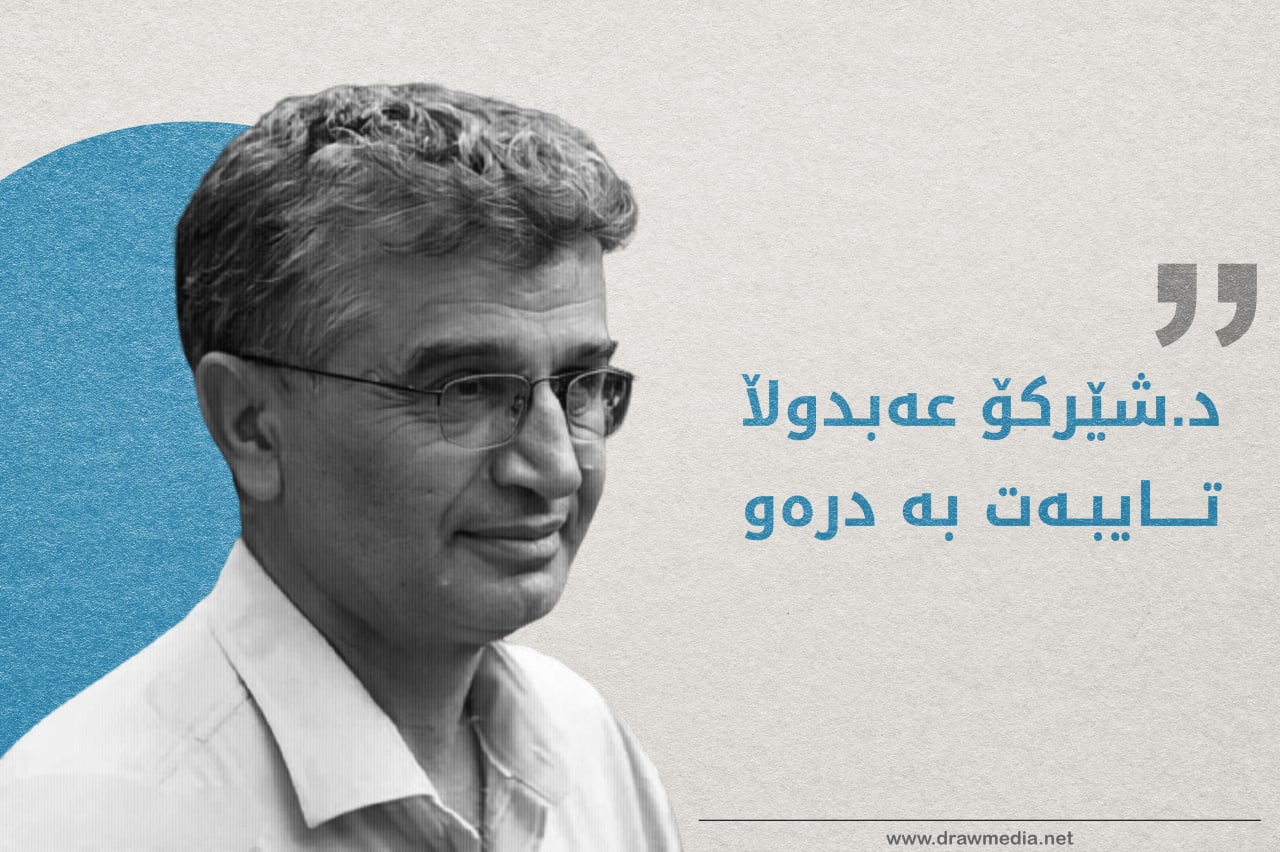Deep Dive: Will Turkey agree to resume oil shipments from northern Iraq?
.jpg)
2023-07-12 10:08:16
Draw Media
amwaj.media
The transfer of crude oil from Iraq to Turkey remains suspended, almost four months after an arbitration ruling found that Ankara owes Baghdad compensation for enabling unauthorized exports from Iraqi Kurdistan. Despite unconfirmed reports of an impending visit to Iraq by Turkish President Recep Tayyip Erdogan, there are few indications of a deal on the horizon.
Origins of the dispute
Ankara and Baghdad have clashed over independent Kurdish oil export for almost a decade. Under a 2014 Ankara-Erbil agreement, oil pumped in landlocked Iraqi Kurdistan was independently sold via Turkey’s Mediterranean port of Ceyhan. Of note, most of federal Iraq’s oil exports are shipped through the southern Gulf coast.
In reaction to the launch of independent Kurdish exports, Iraq filed an arbitration case with the International Chamber of Commerce (ICC). Baghdad argued that Turkey had broken a 1973 pipeline agreement by allowing oil exports from Iraqi Kurdistan without its permission. The ICC's March decision rested on a stipulation in the 1973 agreement's annex that Turkey would only purchase oil via Iraq’s State Organization for Marketing of Oil (SOMO).
In March, the ICC ruled that Turkey must pay Baghdad some 1.47B USD in compensation for having facilitated Iraqi Kurdish oil exports between 2014 and 2018 without the Iraqi federal government’s permission.
The Iraqi Ministry of Oil was prompt in welcoming the ICC ruling. As for Turkey, it accepted the outcome, particularly as the penalty was far lower than had been expected. Several Turkish officials Amwaj.media spoke to had expressed concern that the amount could have reached 20B USD. Iraq’s then-oil minister Ihsan Abdul Jabbar Ismail in Sep. 2022 said Baghdad expected compensation of 30B USD if it outright won the case. At the same time, Turkey on Mar. 25 moved to halt the export of over 450,000 barrels of oil per day from northern Iraq. Crude deliveries have been at a standstill ever since.
Since the announcement of the ruling, Ankara has largely remained silent about paying the compensation. The case also fell off the Turkish government’s agenda amid an array of domestic challenges. These include the aftermath of the devastating February earthquakes that killed over 50,000 people in Turkey.
Back on the agenda?
Beyond other domestic challenges, Ankara also essentially ignored the court ruling during the campaigning for Turkey’s May presidential elections. This was partly to prevent the Turkish opposition from using it as a propaganda tool in the polls. President Erdogan’s re-election has meant the case has once again gained visibility.
Last month, a technical delegation from Turkey’s Ministry of Energy and Natural Resources met with an Iraqi team in Baghdad headed by Deputy Oil Minister Bassem Khdeir. They were joined by representatives from the Kurdistan Regional Government (KRG). Discussions were focused on restarting oil exports through northern Iraq.
Ankara appears to seek to negotiate over the compensation that has been awarded to Iraq. Turkey also seeks clarification on another arbitration case that is still open.
Speaking to Amwaj.media on condition of anonymity, an informed Turkish source alleged that Ankara has demanded to pay the compensation in instalments. The source further claimed that Turkey conveyed to the Iraqi side that it expects to take a more active role in future KRG oil operations. Another Turkish demand, the source alleged, was that it ought to receive discounts going forward as well. Of note, Ankara bought oil exported by the KRG at below market value before the arbitration ruling.
The source additionally echoed reports that another Turkish precondition to restart the flow of oil is for Iraq to withdraw a second lawsuit. The latter ICC case relates to KRG oil exports from 2018 until Apr. 2023. Sources with knowledge of the process told Amwaj.media that the potential compensation in the second suit could exceed the 1.47B USD awarded to Baghdad in the first case.
The Turkish delegation’s other demands reportedly include Iraqi payment for maintenance costs for the roughly 350 km-long (217 miles) pipeline. But Iraq has refused on the grounds that Turkey stopped the oil exports. Baghdad would also like crude transfers to resume before full negotiations over compensation begin, as a sign of goodwill.
Technical or political impediments?
Despite months of efforts, there are no clear signs of any resumption of crude exports from northern Iraq. Before the suspension, the pipeline had been carrying around 400,000 barrels per day of KRG crude and around 75,000 barrels per day of oil pumped from fields controlled by the federal government. The export cessation is estimated to have cost Erbil in excess of 2B USD. The financial loss for the Baghdad government may also be significant, although far less impactful.
Yet, there are some indications that a resumption of oil transfers could be on the table. The Iraqi government and the KRG on Apr. 4 signed a temporary deal in the hope of resuming crude exports through Turkey. Under the deal, SOMO will have the authority to market and export oil pumped in the Kurdistan region. The revenues will be deposited in an account at the Iraqi Central Bank under Erbil’s control.
But despite the progress on the Iraqi side, Turkish blockages continue. Both the KRG and Iraqi federal government in May requested the reopening of the Kirkuk-Ceyhan pipeline. Later, Iraq’s Oil Minister Hayan Abdul-Ghani charged that there had been no response from Turkish state energy company BOTAS. This is while officials in Turkey reportedly blamed unspecified “technical reasons” for the delay. Baghdad’s frustration is evident; in May, Turkish media quoted an Iraqi official as saying that “the issue is political rather than technical.”
Turkey appears to be exploiting the situation to pressure Iraq into compromising on the compensation it has been awarded. Shortly after the Apr. 2023 deal between Baghdad and Erbil, Turkey reportedly wanted to negotiate a settlement before permitting a resumption of Iraqi exports. Such an arrangement would be along the lines suggested to Amwaj.media by the informed Turkish source. However, Ankara could also be pushing for a reduction in the overall amount of compensation.
Likely as part of its negotiating strategy, Turkey is intentionally drawing out the process. In the June 19 meeting held in Baghdad, the delegations drew attention to the political dimensions of the issue. They also called for further talks. The following day, KRG Prime Minister Masrour Barzani met with President Erdogan in Ankara as the deadlock continued. The ICC ruling and the resumption of oil exports were discussed. But no concrete progress appears to have been made.
Different stances hinder resumption of exports
Turkey is pursuing a maximalist position even as it is also suffering economically from the halt in oil deliveries. On the other hand, Iraq—as the winner in the arbitration ruling—does not wish to undermine the ICC’s decision.
Iraqi Prime Minister Muhammad Shia’ Al-Sudani is solution oriented. In principle, this should make a deal more likely. But as some reports indicate, Iran-backed armed groups in Iraq are believed to also be blocking progress. These factions are alleged to have been unwilling to let the Sudani government acquiesce to Turkey’s demand to drop the second lawsuit filed with the ICC. Of note, the same groups also blocked former Iraqi prime minister Adil Abdul Mahdi (2018-19) from attempting to freeze the case during his tenure.
The situation is partly a reflection of the regional rivalry between Ankara and Tehran. Iran-backed factions in Iraq regularly make anti-Turkish statements and attack Turkish military bases in the north of the country. Essential to Ankara’s fight against the Kurdistan Workers’ Party (PKK)—an organization blacklisted by Britain, Turkey, and the US—the military installations have drawn the ire of many Iraqi actors.
On the other hand, Washington is said to be lobbying behind the scenes in Ankara and Baghdad for a resumption of Iraqi exports through the northern route. So far, it has been unable to reconcile the parties.
Bilateral trade between Iraq and Turkey reportedly exceeded 24B USD last year. There are strong shared business interests, and Ankara and Baghdad alike seek to protect their strong economic relationship from tensions. If anything, the dispute over the resumption of oil exports via the Kirkuk-Ceyhan pipeline show the need for high-level political negotiations. Without mutual concessions, the impasse is likely to continue.







.png)

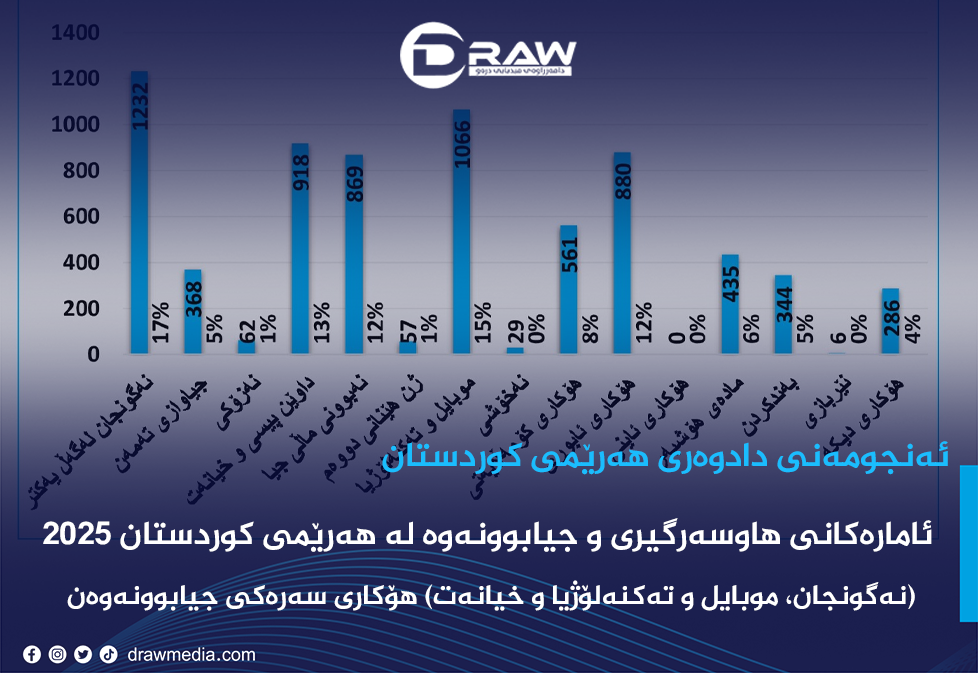
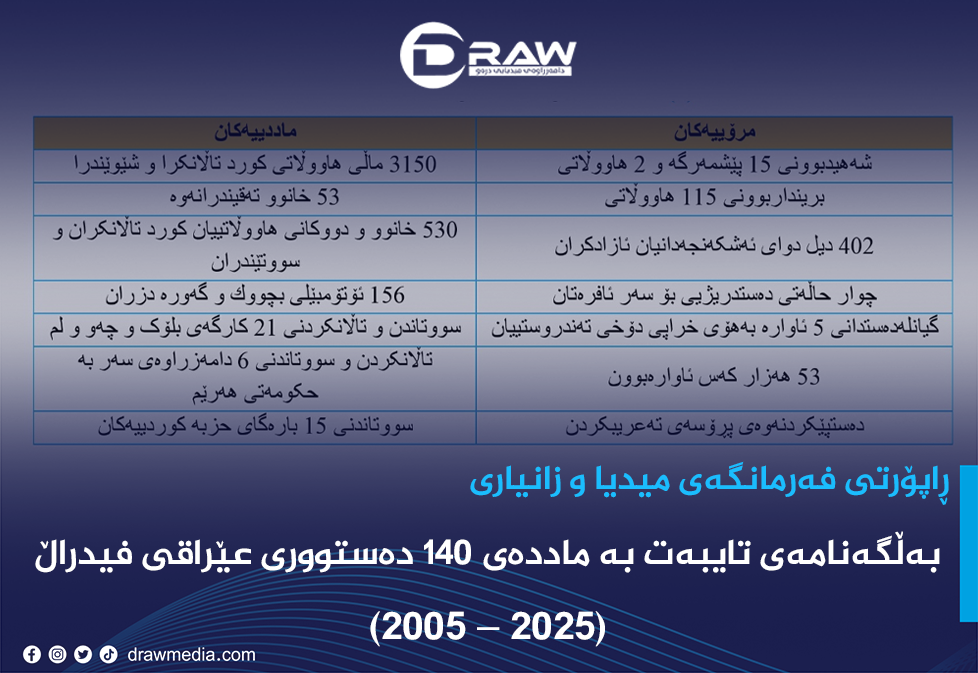
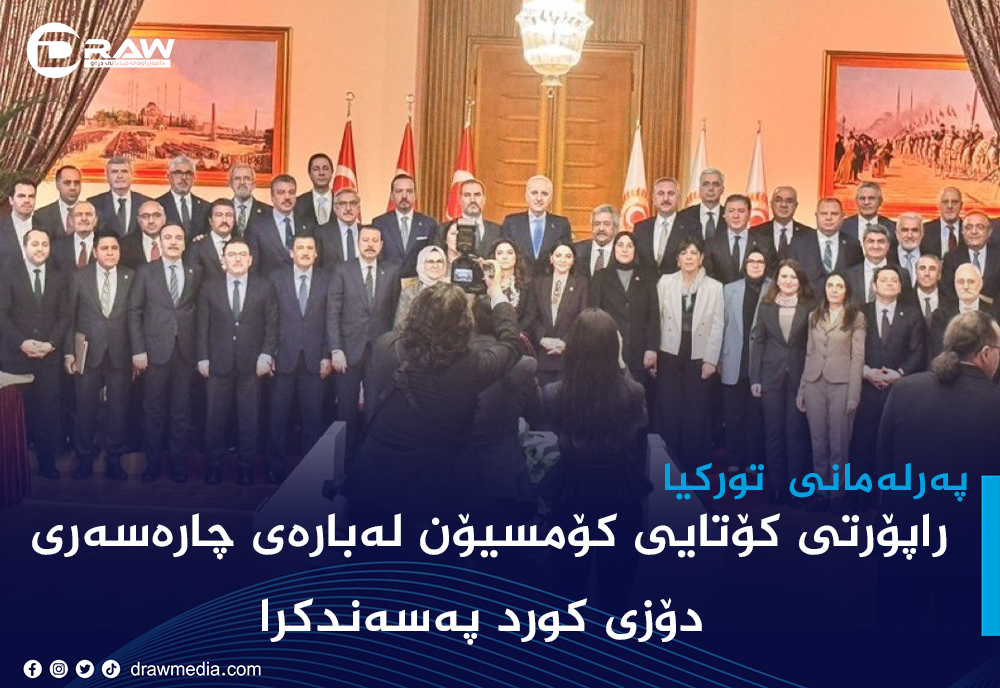
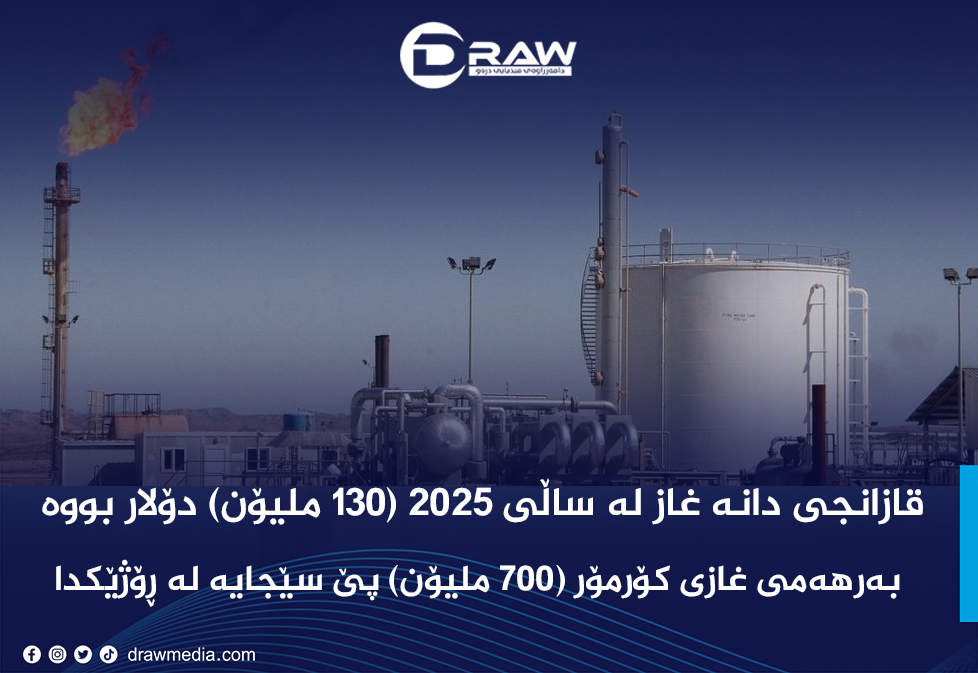
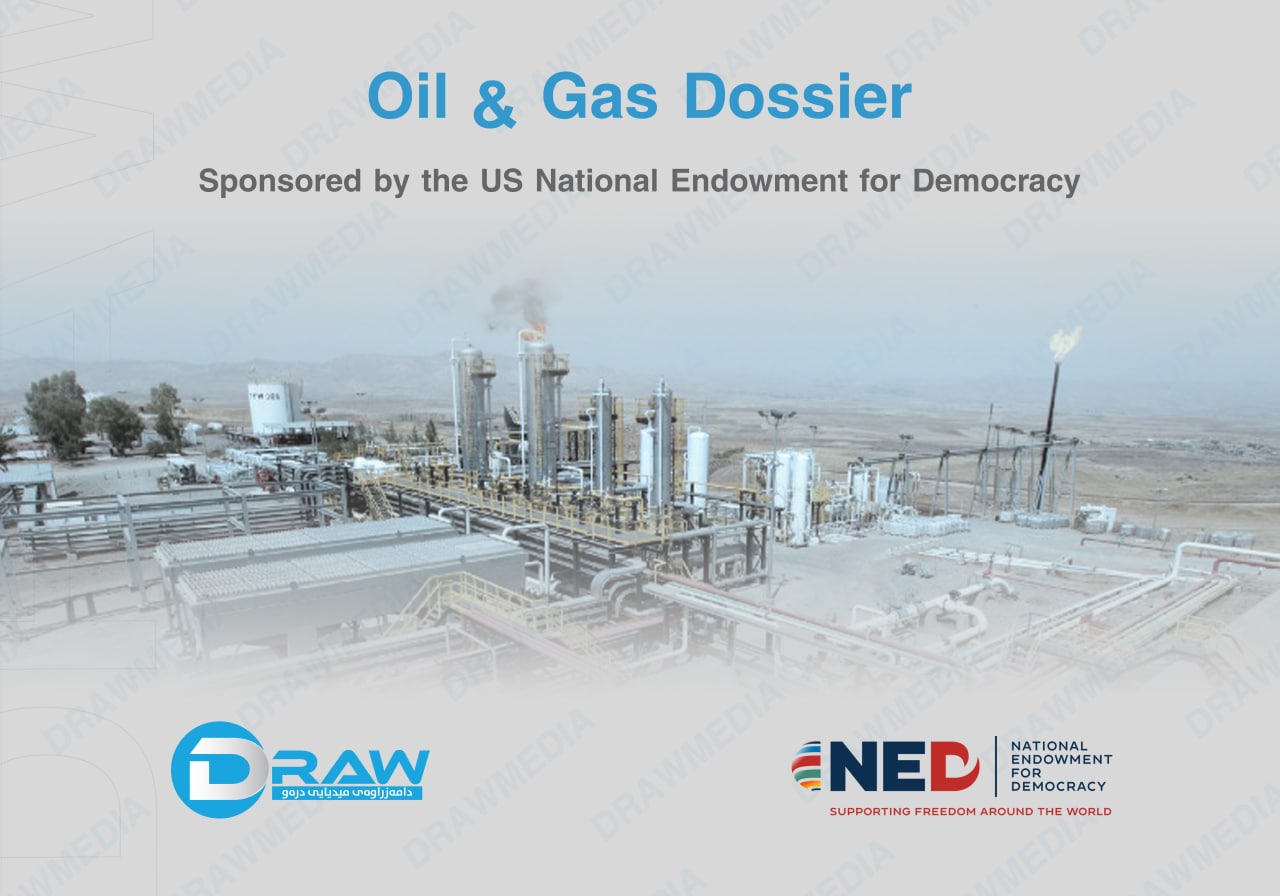
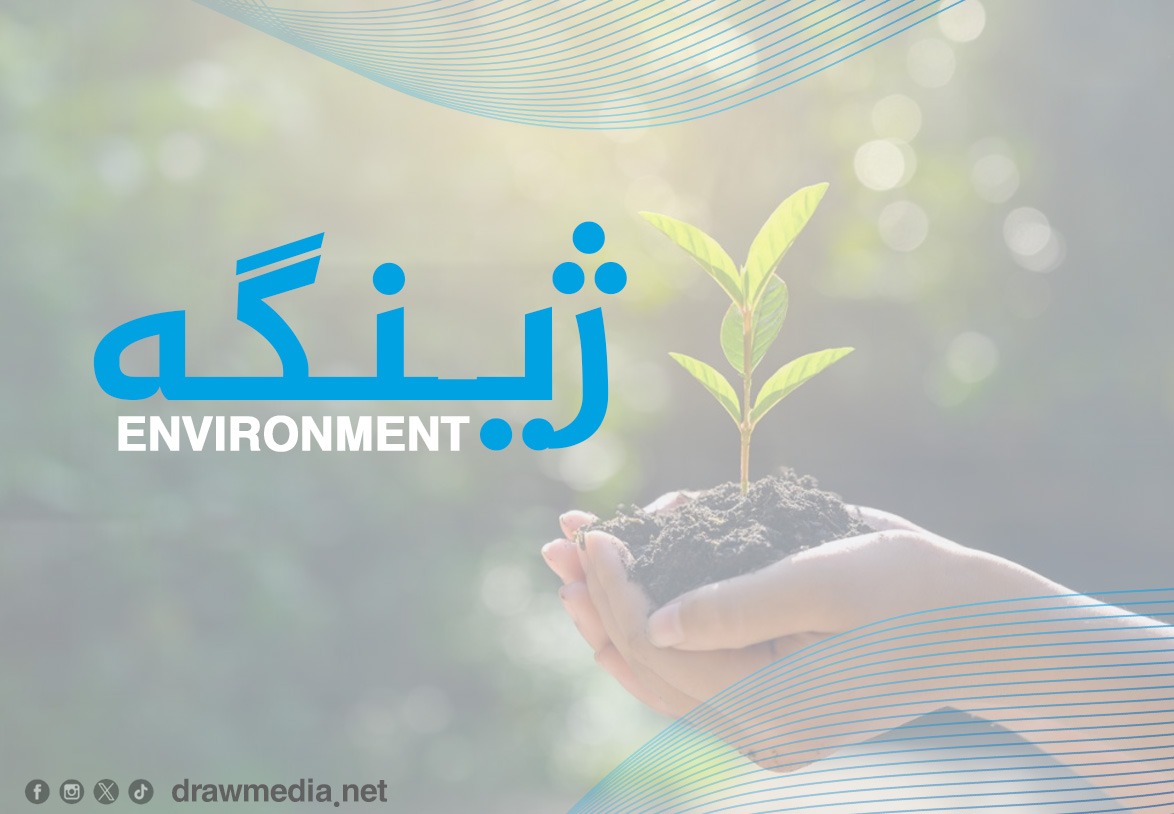
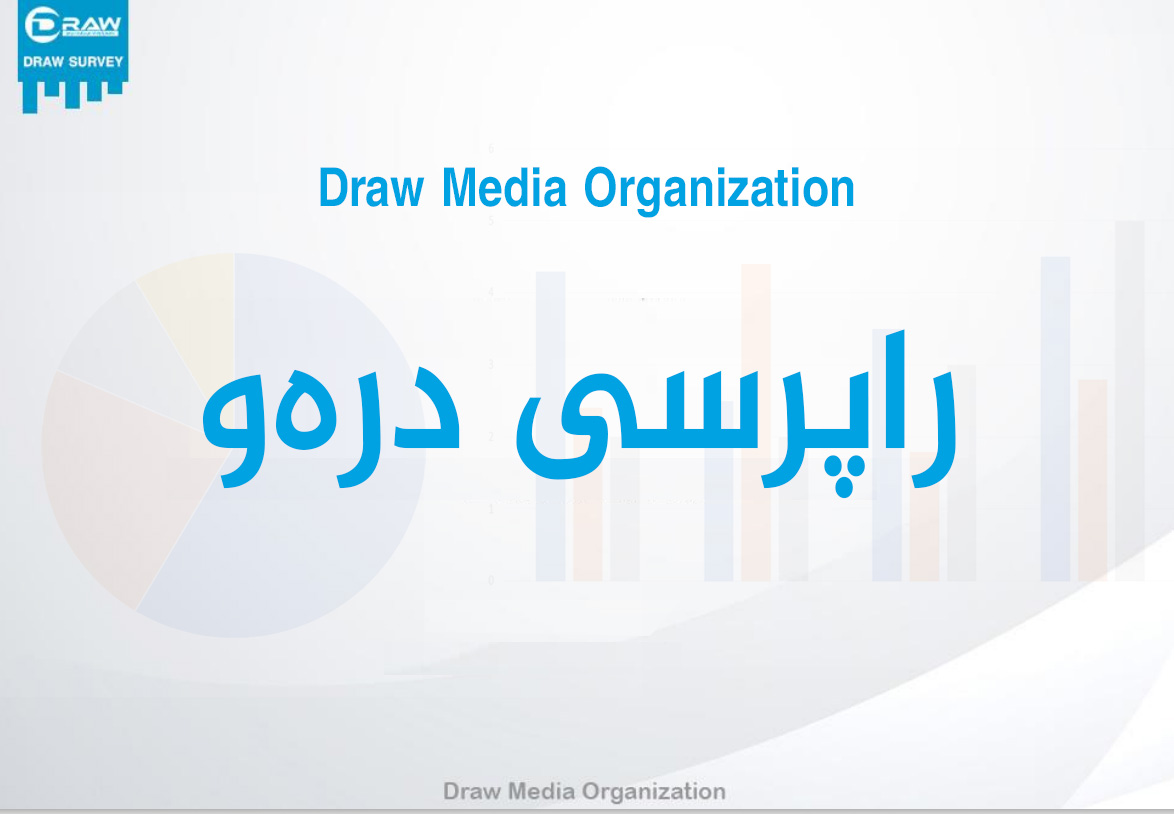

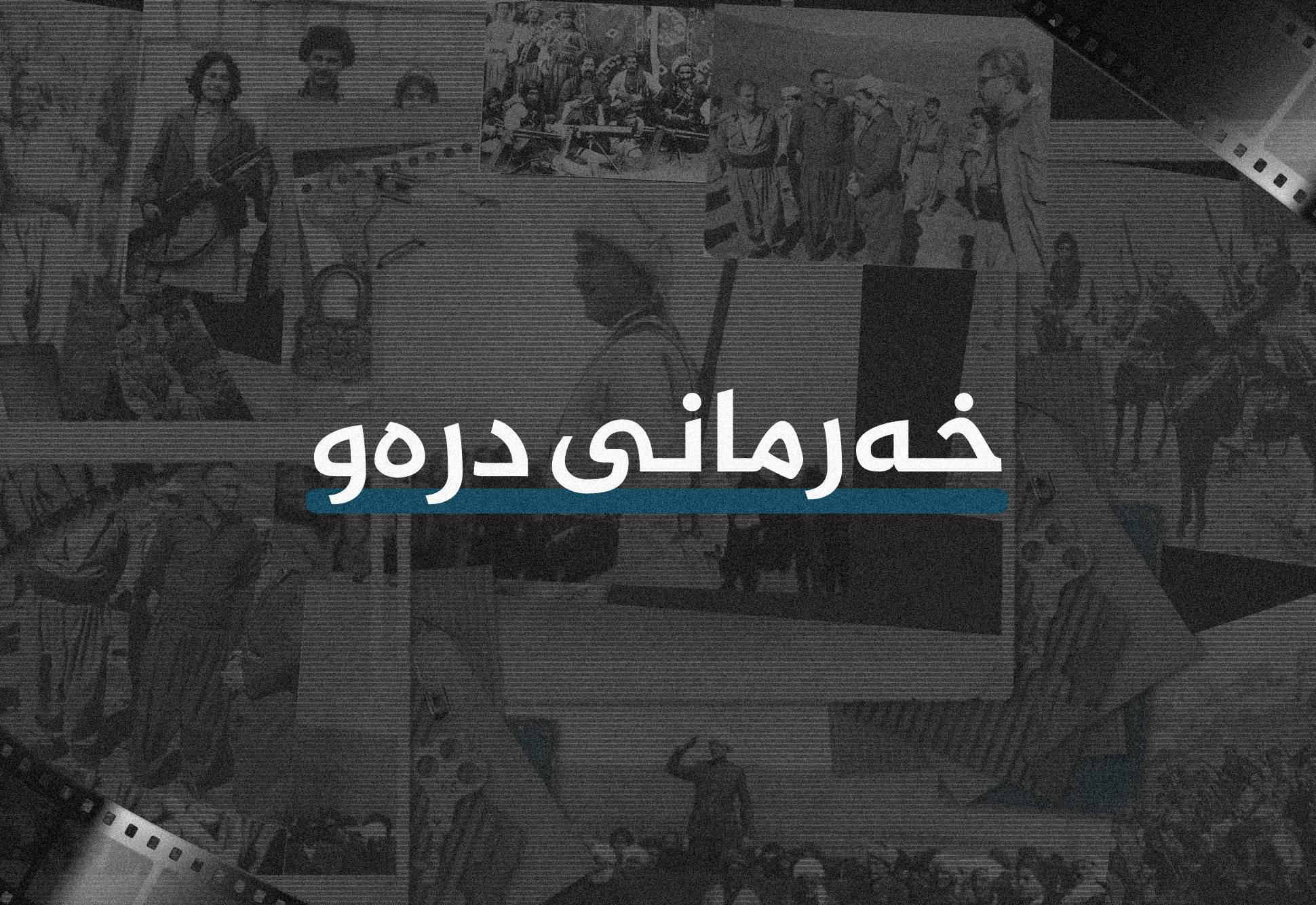
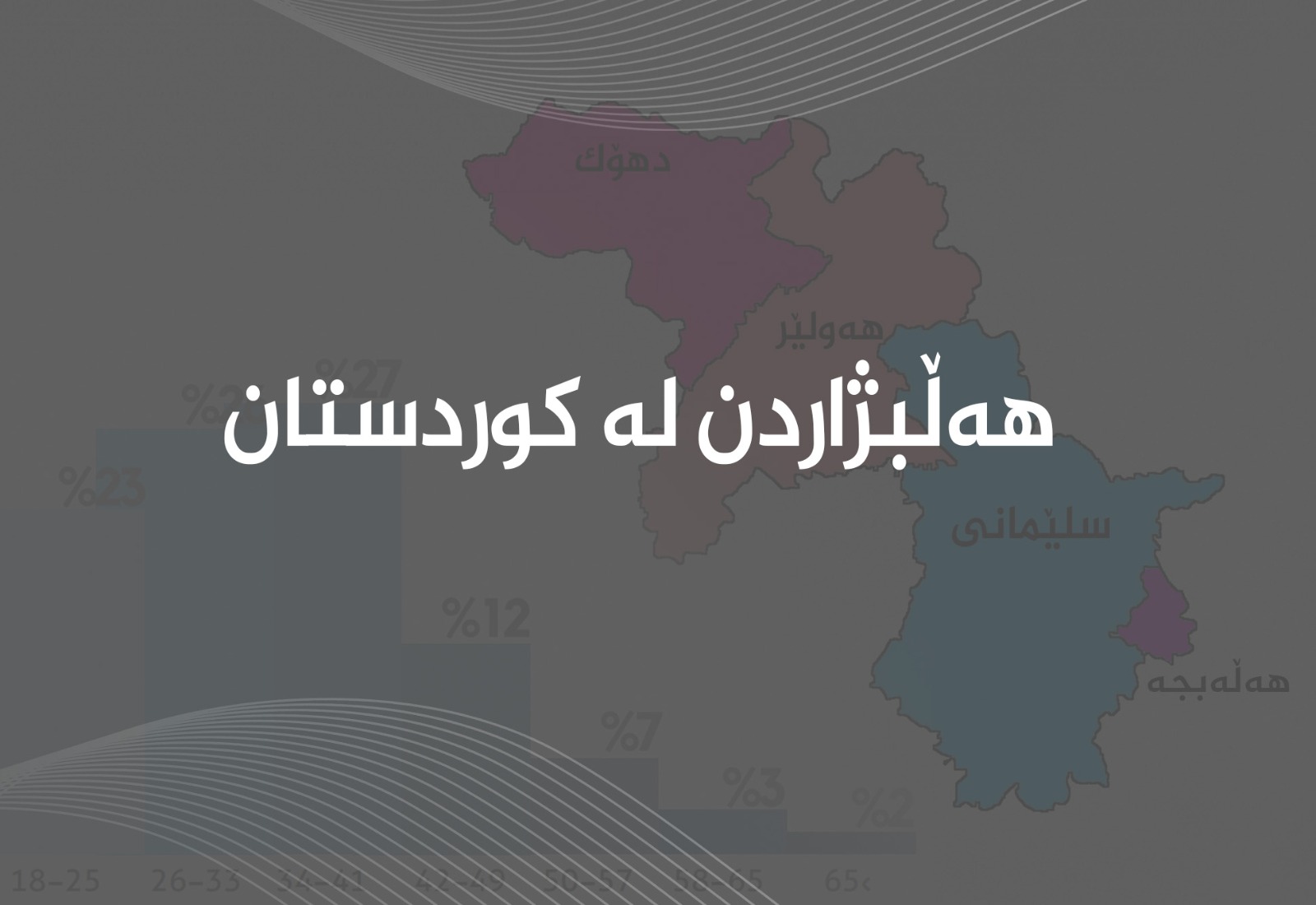
(1).jpg)
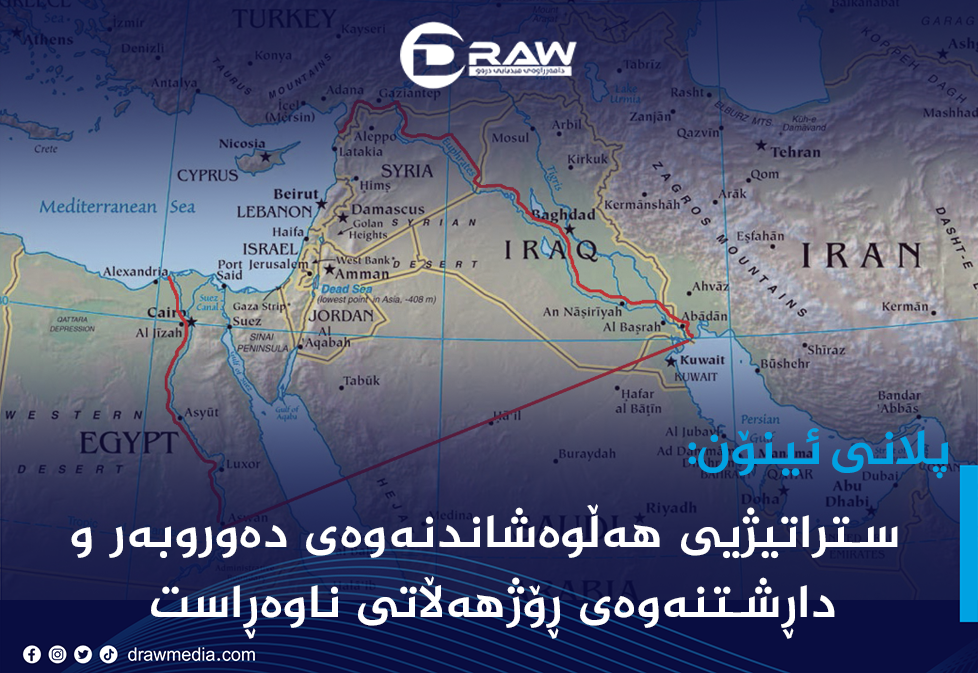
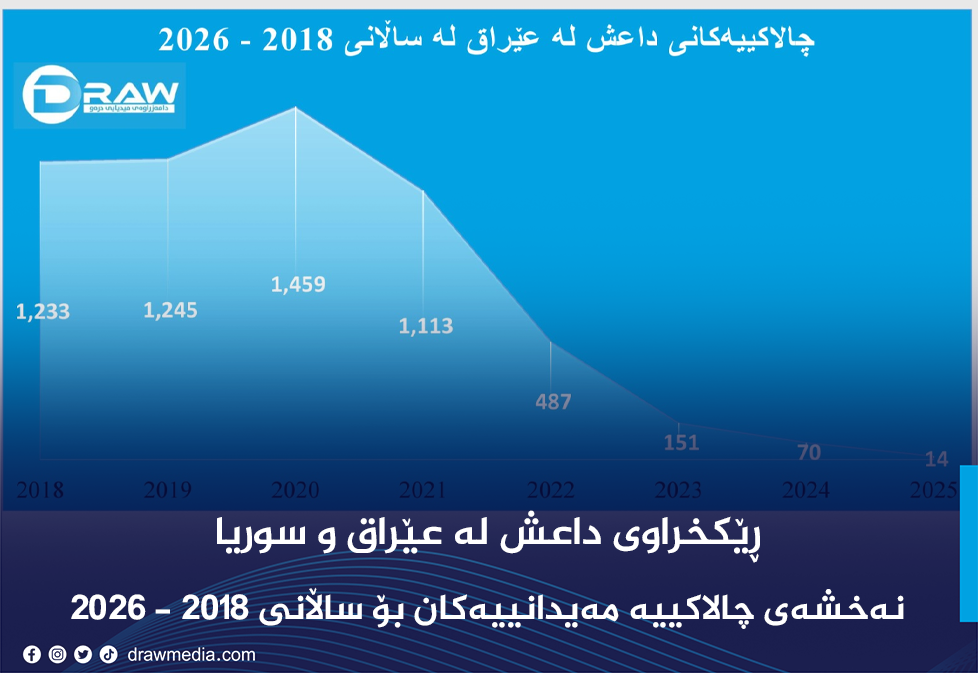
.png)
